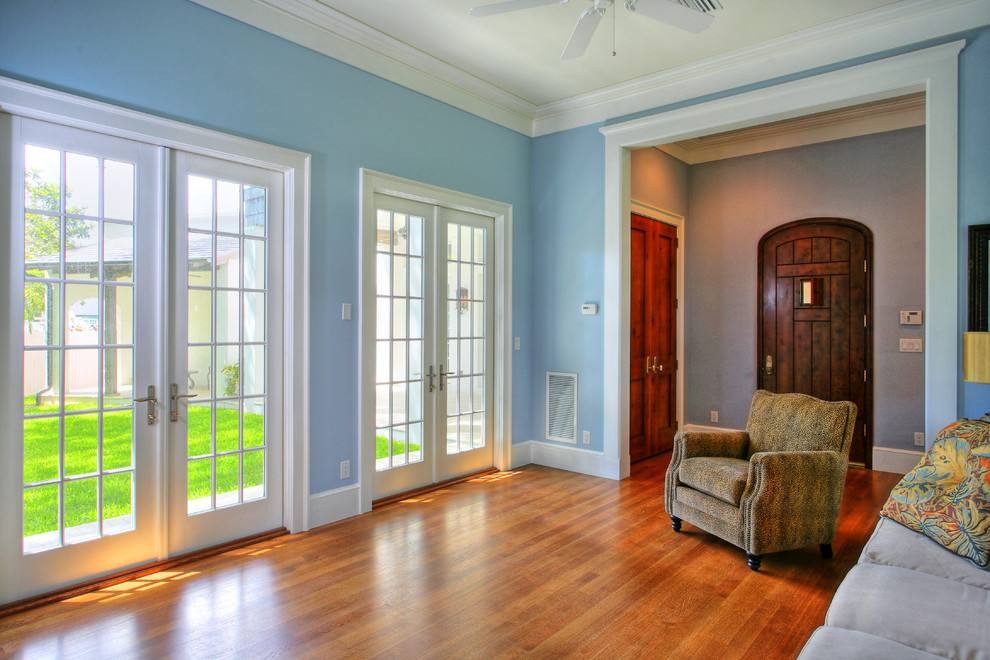It is a well-known saying that the eyes are the windows to the soul. In Feng Shui, however, the opposite is the case: windows are the eyes to your home. Their job is to allow you to see what’s outside, and to allow light into the home. According to this ancient Chinese school of thought, windows also allow chi to enter and exit the home; and this is certain to impact your life in several essential ways.

If you’re not a spiritual or superstitious person, this may sound a little bizarre to you, but Feng Shui generally results in balancing a minimalist interior that anyone can enjoy. Here is how Feng Shui works for windows:
Getting the Right Balance
As with most things in the world of Feng Shui, obtaining the right balance is critical. Having overly large windows will feel somewhat overwhelming; whereas windows that are not quite large enough will make everything seem dark and cramped. Effective Good Feng Shui for windows might mean installing sash or casement windows, as long as they aren’t too long and narrow – this will reduce the good energy that can enter the home. It is still important that the highest point of the windows should stay taller than the tallest person in the home. For more details on Glaziers Bath, visit a site like Roman Glass.
What Shape Should a Window Be?
Either casement or sash windows can sit right with the rules of Feng Shui. However, there’s a rule against inward-opening windows. Outward opening windows are thought to improve your career, increase the amount of fresh air and release any foul air once opened. Angular windows are, according to the rules of Feng Shui, best for workplaces and public buildings, while rounder ones are more peaceful, and therefore better for the home. If you’re inspired to change your windows, consider Glaziers Bath.

Beds Under Windows?
The concern over having a bed under a window is one of the best-known rules about Feng Shui. We might struggle with this rule, especially ion smaller bedrooms – but we have to consider that these rules were composed before the invention of double-glazing. Nevertheless, if you want to stick by the rules, it’s worth moving the bed to the opposite side of the room – that way you’ll be able to put a radiator underneath the window and give the warm air a chance to properly circulate.
Window Placement
If windows and doors are directly aligned, then energy will tend to ‘rush’ through the home. This is especially so when the doors and windows are just a short distance from one another. So, ideally, you don’t want to be stepping out of one room to be confronted immediately by a window. When doors and windows are placed so close to one another that they actually touch when opened, this creates an effect known as ‘arguing’ – this will spell trouble and conflict for everyone living in the home.
Kitchens and bathrooms are considered important from a Feng Shui perspective, and thus deserving of more than one window. In modern homes, which come with extractor fans, this isn’t much of a practical concern – but it’s still worth thinking about if you want to be comprehensively Feng Shui.

